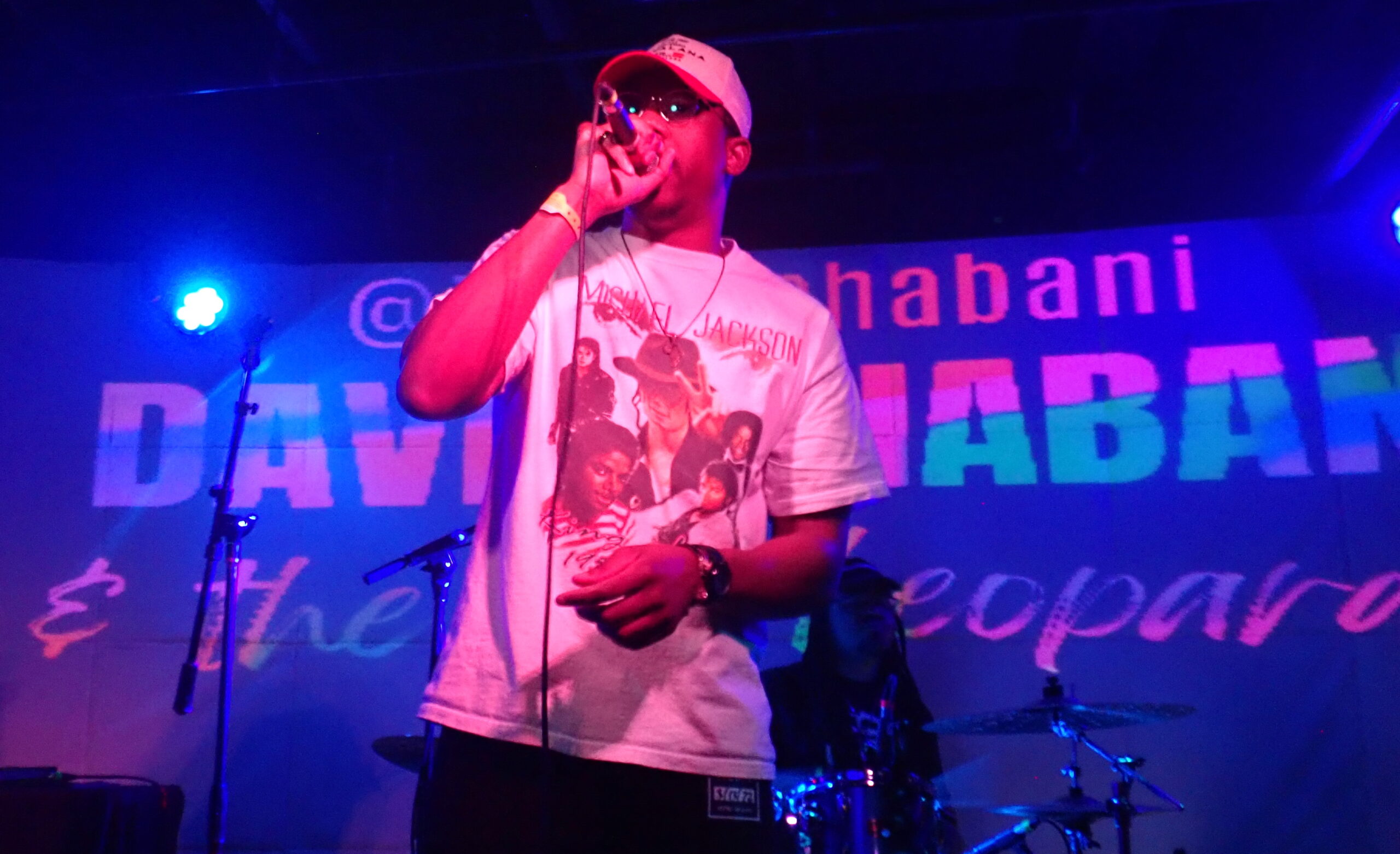
Mainstream Groups Heat Up Over ‘Racist’ Anti-Immigrant Orgs at Earth Day Texas


Three anti-immigration groups with ties to the white nationalist movement joined the Earth Day Texas festivities over the weekend, prompting one environmental organization to boycott an affiliated Austin event over the groups’ claims that immigration is a driving force behind environmental degradation.
The Federation for American Immigration Reform (FAIR), NumbersUSA and Progressives for Immigration Reform argue that the United States must “stabilize its population” to reduce pressure on natural resources. They want the federal government to reduce both legal and illegal immigration by cutting down on the number of visas granted to foreigners and increasing spending to “secure the border.”
The Austin regional group of the Sierra Club backed out of Austin’s affiliated Earth Day Texas event, saying in a statement that it could not “in good conscience, support an event nor its main funder if it encourages anti-immigrant and racist sentiments.”
Trammell Crow, a real estate mogul who once donated $500,000 to support Dallas’ fight to bar undocumented immigrants from renting houses, underwrote the event. The three-day festival, which ended Sunday, is an annual hodgepodge of musical performances, film screenings and panel discussions with prominent researchers and environmentalists. Businesses and corporate outfits — some with tenuous connections to environmentalism — pay to set up booths at the festival and use Earth Day Texas as a promotional opportunity to reach the more than 130,000 people who showed up for the Dallas event.
The nonprofit civil rights group Southern Poverty Law Center has labelled FAIR, NumbersUSA and Progressives for Immigration Reform “anti-immigrant,” and it has listed FAIR as a hate group. In a 2010 report, the nonprofit highlighted all three groups’ connections to John Tanton, a white nationalist, and called FAIR “wolves in sheep’s clothing, right-wing nativists who are doing their best to seduce the mainstream environmental movement in a bid for legitimacy and more followers.”
Mainstream environmental organizations are irked by the anti-immigration groups’ rhetoric, which they say alienates low-income communities and communities of color on the front lines of the climate change battle.
“We want nothing to do with them,” said Tom “Smitty” Smith, director of Public Citizen, an environmental nonprofit. “We don’t support what they’re saying.”
Environmental groups agree that the dramatic population increase over the last century is exacerbating climate change, but have largely stepped back from actively advocating for policy positions that would curb growth.
The inclusion of anti-immigration groups in Dallas touched a particularly raw nerve in the environmental community. In the early 2000s, a group of anti-immigration grassroots activists attempted, unsuccessfully, to secure seats on the democratically elected board at the Sierra Club. The Sierra Club has since taken a pro-immigration stance.
In its Earth Day Texas boycott announcement, the Austin Sierra Club’s chairman wrote that the group was “compelled to take a strong stand because of our organization’s history of dealing with anti-immigrant racist hate” and it couldn’t condone groups who show “disrespect” and “insensitivity” to immigrants.
Earth Day Texas organizers did not respond to the Observer’s request for comment.
Roy Beck, the head of NumbersUSA, told the Observer that he found it “very sad” that national environmental groups like the Sierra Club don’t actively champion population control.
Like the festival’s sponsor, NumbersUSA has also donated to Dallas’ legal defense fund to keep undocumented immigrants from securing housing in the city. Beck has also spoken to the white nationalist group Council of Conservative Citizens, which has referred to African Americans as a “retrograde species of humanity.”
Beck, who manned the NumbersUSA stall in Dallas, said population growth from immigration has put pressure on Texas’ infrastructure and watersheds, and resulted in higher carbon emissions and worsening air quality.
“When people move to the U.S. they rapidly increase their carbon emissions. People move to the U.S., get jobs and have higher consumption,” Beck said. “Who’s going to tell these people you can’t live like other Americans, you have to stay poor?”
State data shows that people moving to Texas mostly come from other states, not other countries. Of the 5.9 million people who moved to Texas between 2005 and 2013, 4.8 million were domestic migrants. Nationally, more Mexican immigrants left the country to reunite with their families than moved to the United States between 2009 and 2014, according to the Pew Research Center.
Environmental groups and nonprofit organizations working to reduce population growth rejected Beck’s argument as classist and oppressive. John Seager, president of Population Connection, a nonprofit that advocates for improved access to reproductive healthcare, told the Observer in an email that Beck’s plan “sounds like a strategy based on the expectation and/or hope that people in ‘sending’ nations remain trapped in poverty. I trust no one would want to embrace that notion.”

